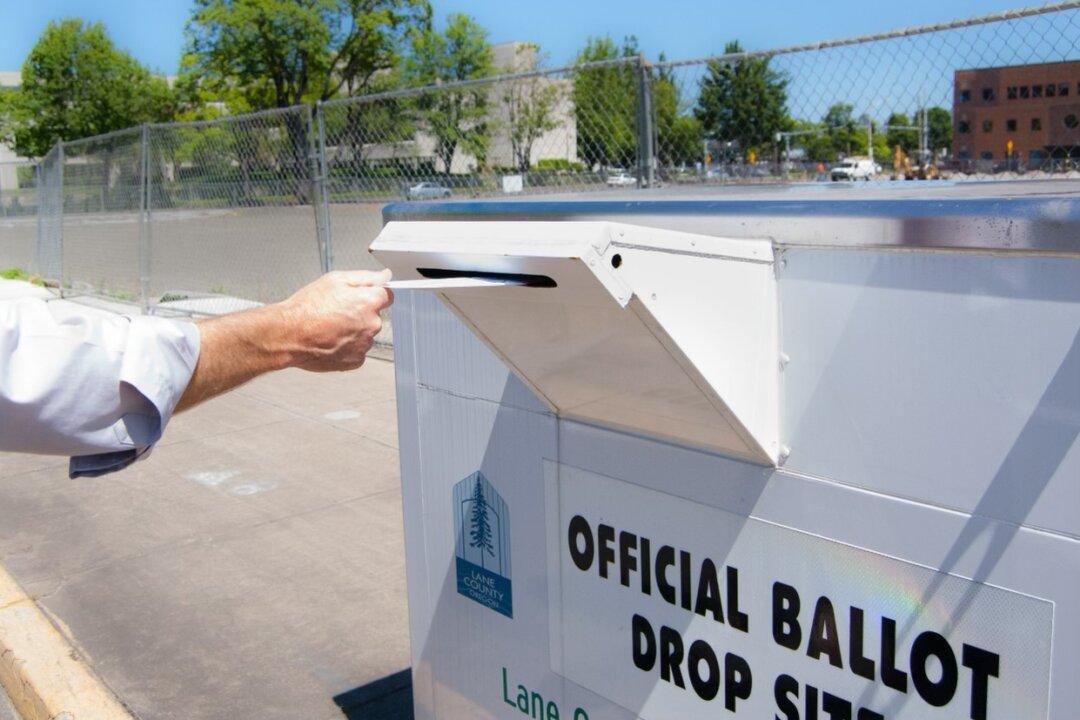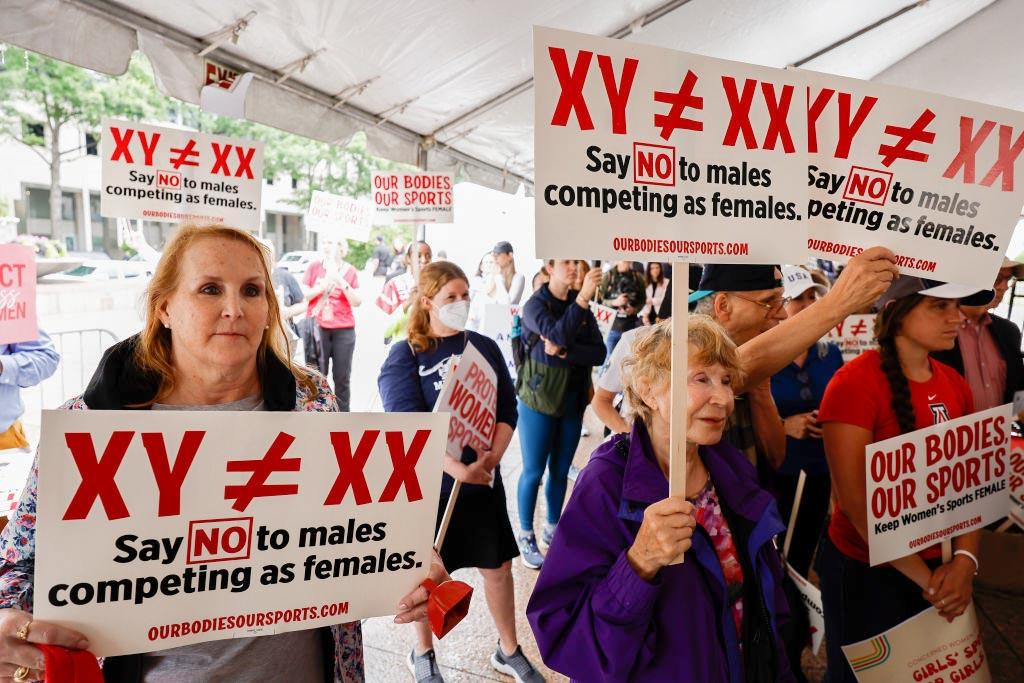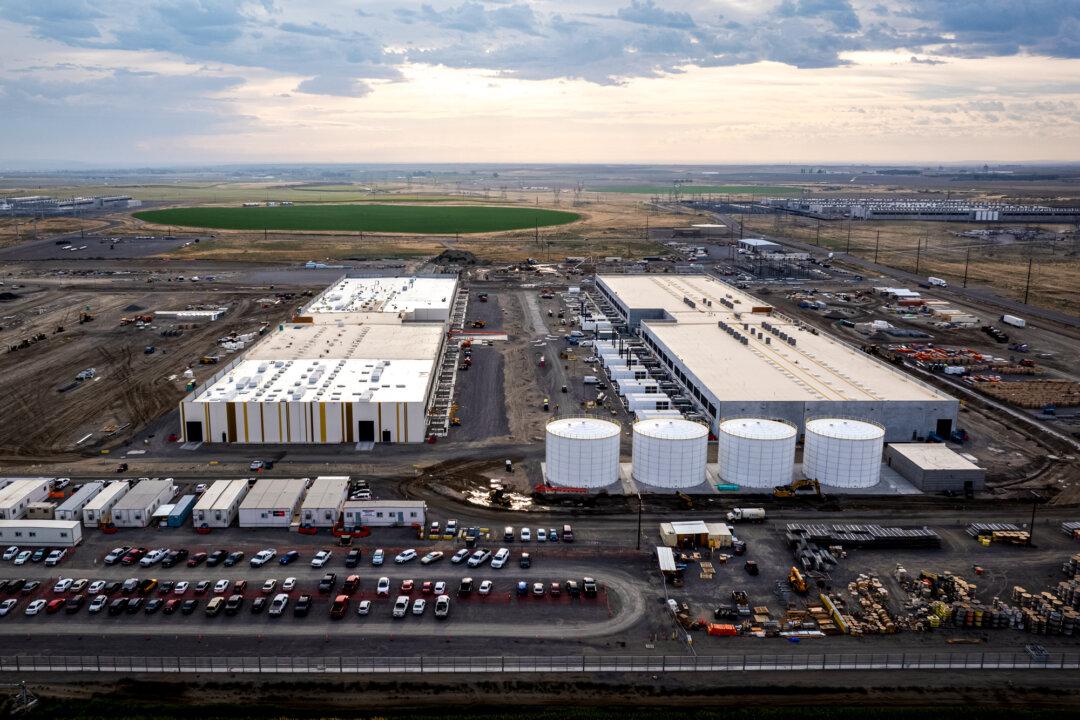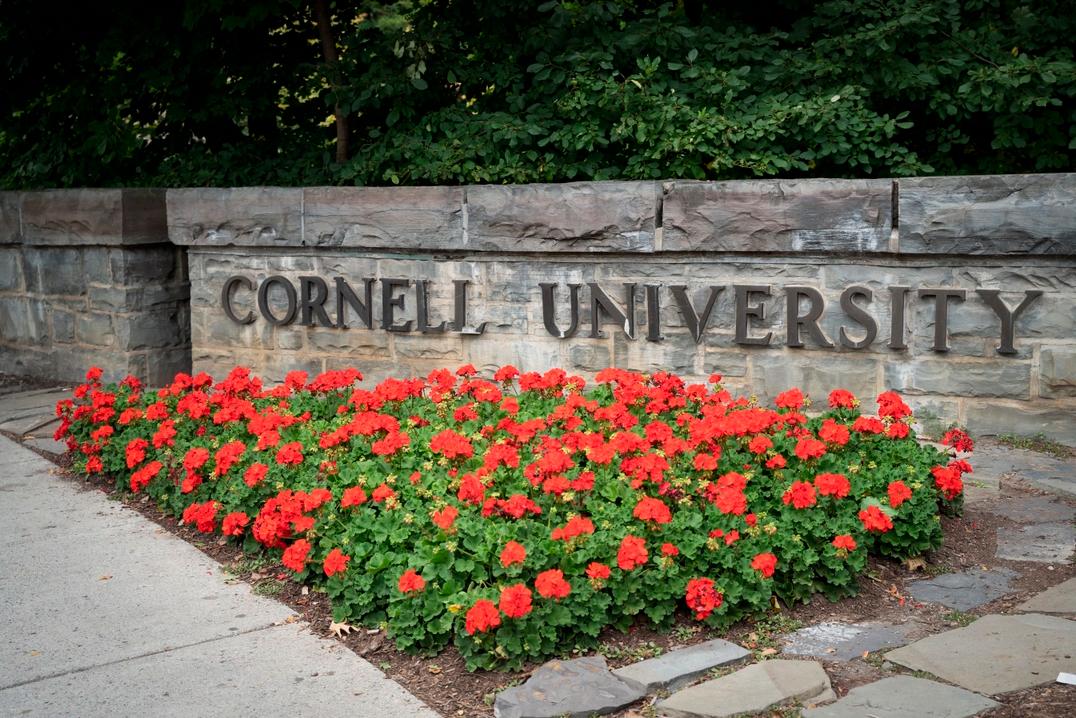Oregon ballot returns are depressed going into election day, despite three races that could decide control of the U.S. House.
Voters are selecting their party’s presidential nominee, candidates for the state’s six Congressional districts, dozens of state races, as well as a variety of ballot measures.





